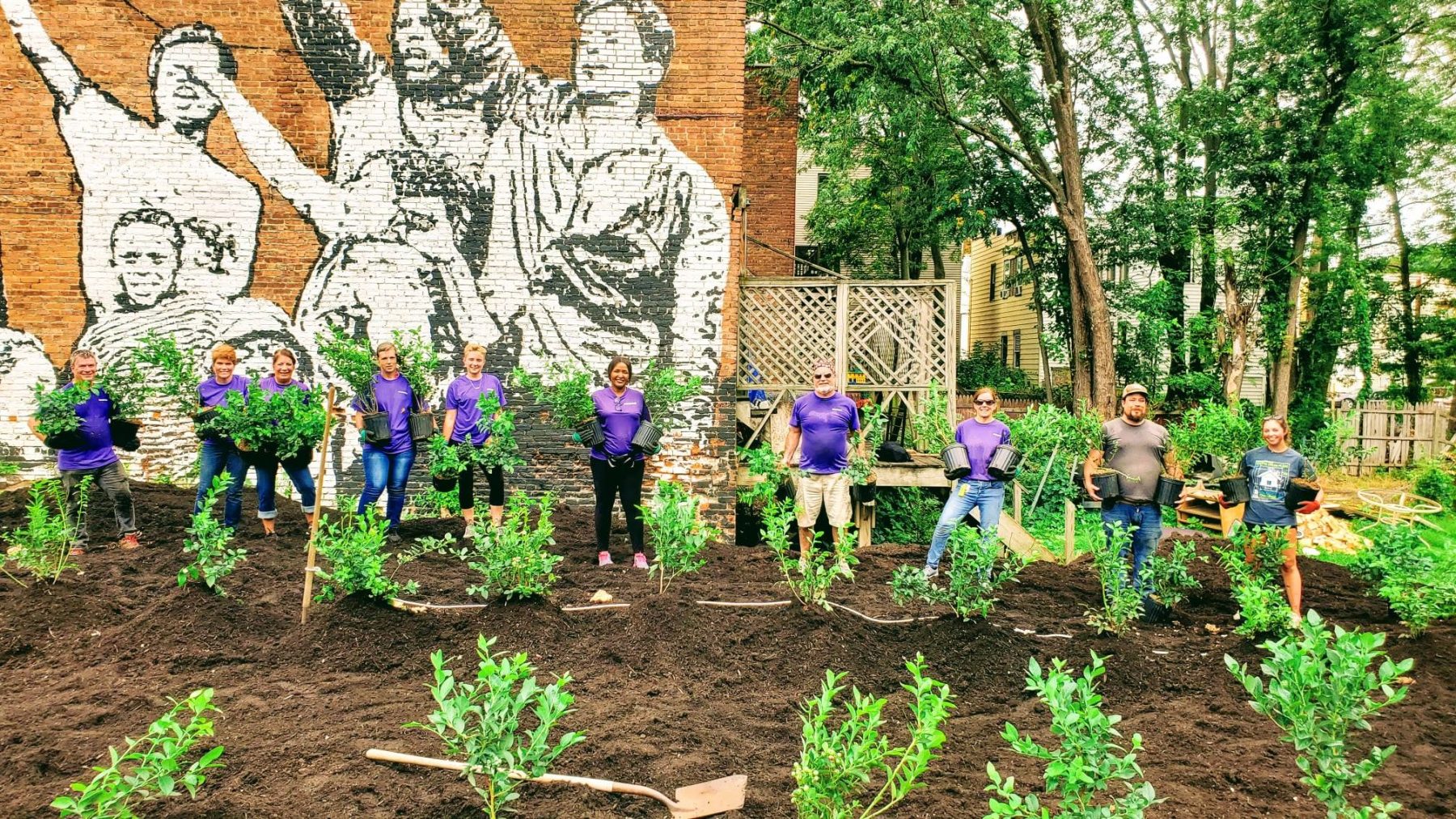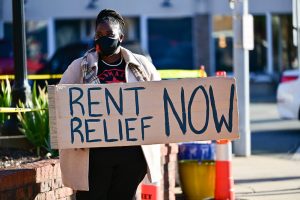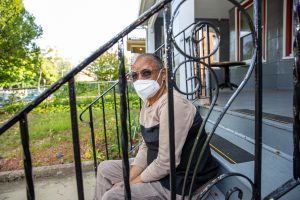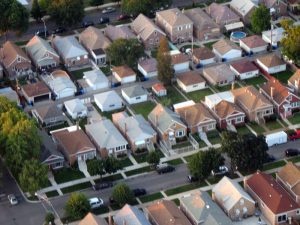
Topic
Health
The health of individuals and the health of communities are linked in so many ways, from zoning to access to fresh food, safe housing, safe streets and parks, and proper medical care. How is this growing realization affecting practice for both community development organizations and health care organizations? What does it take for these two separate worlds to partner toward shared goals?
The Latest

Tribal-Sponsored Development Offers Housing and More in Minneapolis
A hub for health care, social services, and community, the Mino-Bimaadiziwin apartments meet the unique needs of urban Native Americans while enriching the surrounding community.
Explore Articles in this Topic
Search & Filter Within this Topic
filter by Content Type
filter by Date Range
search by Keyword

In Unprecedented Times, Nothing Less Than Universal Rent Relief Will Do
If we stick with yesterday’s policy and programs in an unprecedented year of crisis, we will leave an unconscionable number of people, families, and communities behind.

How Democrats Can Fix the Affordable Housing Crisis
With Democrats taking back the Senate, can the Biden administration go beyond immediate-term rent relief to win more ambitious housing solutions?

Is the Pandemic Improving Affordable Housing Asset Management?
Resident services has long been the first to be cut in hard times—but for some housing providers that may be changing.

Let’s Re-Place the Health Opportunity Maps
The way we map health opportunity has serious flaws. How can we make those maps more reflective of communities’ lived experiences?

A Bolder Future for Housing Justice: ‘These Times Call for Radical Actions’
Housing advocates working at the local, state, and national levels discuss new research and policy recommendations for advancing housing justice.

Health Care Institutions Must Acknowledge Their Role in Neighborhood Change
If those in health care seek to develop new ways to help patients stay in their homes, they must also find ways to temper how they affect communities in which they reside.

Building Camaraderie in a Virtual Workspace
How one community development corporation’s youth program flourished during the pandemic

Top 10 Shelterforce Articles of 2020
Eviction, tiny houses, hotel rooms for the homeless, and COVID-19—Shelterforce’s 10 most-read articles of 2020.

Making Eviction Diversion Meaningful in Massachusetts
Whether the governor’s rent relief and eviction diversion program will keep people in their homes depends on whether landlords can be persuaded—or compelled—to participate.

Affordable Housing for LGBTQ Seniors
LGBTQ seniors are more likely than peers their age to experience discrimination, leaving them more likely to be poor and have chronic health problems. What does it take to create affordable, LGBTQ-friendly senior housing?

What You Need to Know About the Eviction Crisis
As Congress debates the details of a stimulus deal, we’re giving you a roundup of the eviction crisis as well as the details of what COVID relief could be included in the package.

The Foreclosure Crisis Waiting for Us in January
Although homeowners have so far accessed financial relief from the pandemic much more easily than renters, housing counselors are bracing for a foreclosure crisis as forbearance terms start to end.
